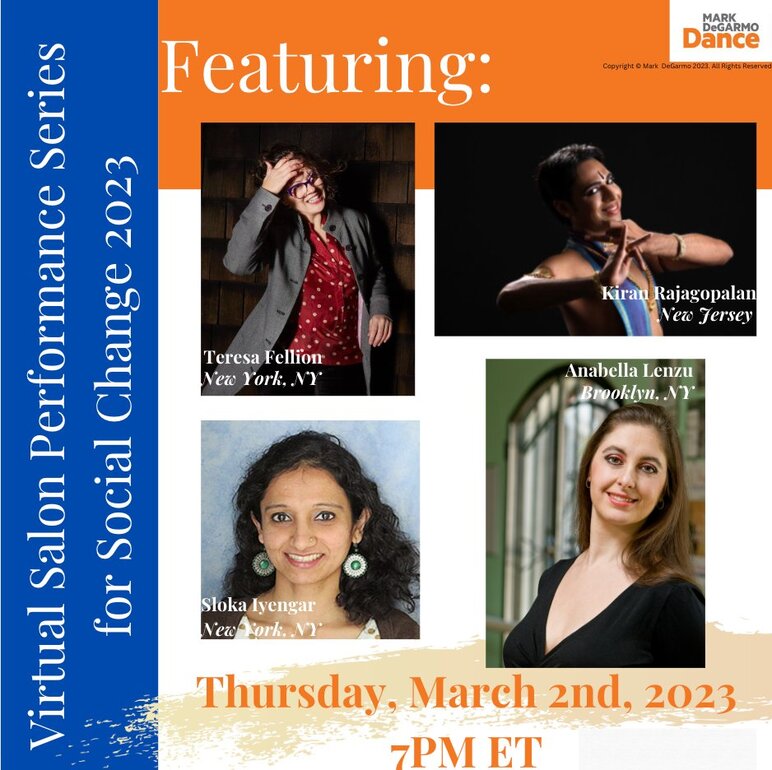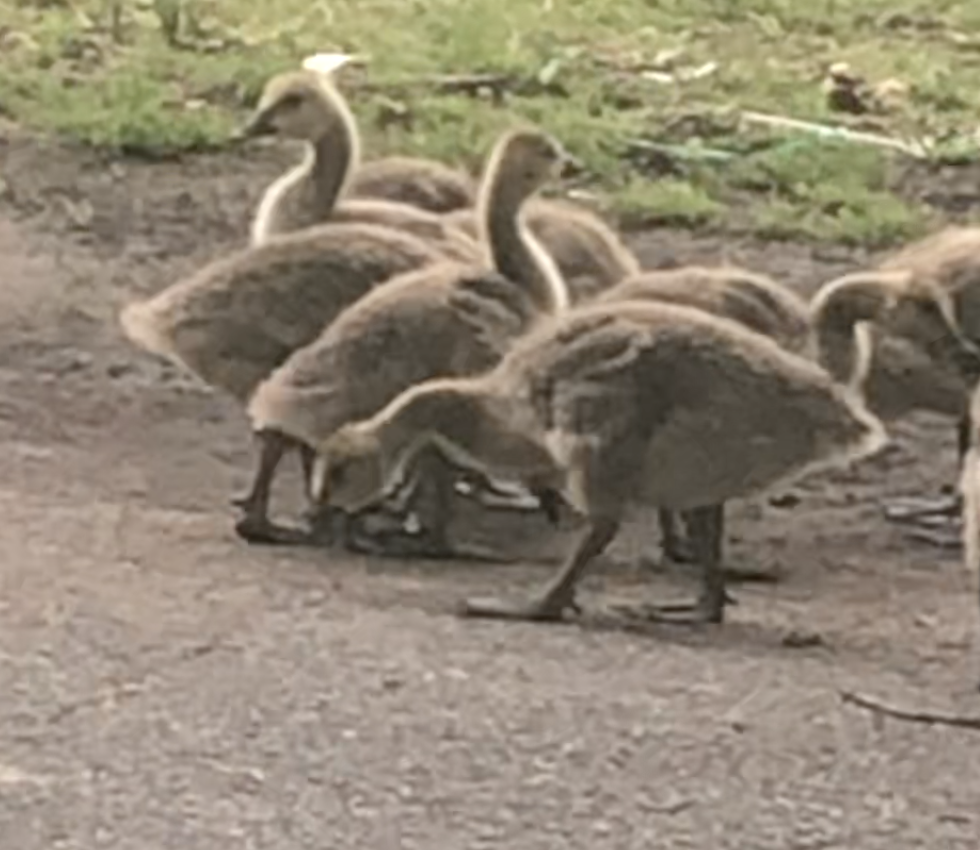How does the brain process complex information? In the last post, we saw the kinds of complexities we encounter in dance and science. Reading, analysis, critical thinking and contextualizing are just some of the skills I need when I teach genomics to graduate students at St. Joseph’s University and to educators at The American Museum of Natural History. Last year, for the first time I taught a course on the Diversity of Fishes at the Museum (image to the left), and I had to understand a vast amount of information in a short time, and be ready to explain it to learners. How does the brain keep track of so much complex information? In our day-to-day lives, many times, the information we are provided with is incomplete or uncertain, and yet, we find a way to make sense of it. The study of how we process complex information is, as you can imagine, complex! How can we study complexity when we don’t know what complexity entails? This paradox is one of the things that makes the scientific enterprise so rewarding. There are a few ways that scientists use to understand how the brain makes sense of complexity, and one of the ways is by better understanding how we make decisions. When we are making decisions (even seemingly trivial ones such as what to eat for dinner), we are dealing with contextual uncertainty. In a recent study, scientists wanted to understand the brain structures that are involved in processing information in the light of uncertainty [1]. Their results suggested that this type of information processing is associated with activity in parts of the brain called the thalamus and the cortex [1]. Specifically, the authors looked at brainwaves and found that these signals moved from a more rhythmic pattern to one that was “noisy” when participants were presented with uncertain information. The hypothesis is that this “noise” may make our brains more ready to receive and make sense of the uncertainty presented to us [1]. There are several models developed to explain information processing in the brain that take into account sensation, perception, memory, and cognition [2]. Literature cited:
0 Comments
Katha: storytelling and the brainFor the Mark DeGarmo Virtual Salon Performance Series for Social Change series on March 2, 2023, I will be presenting a short demonstration called Katha. Through Bharatanatyam, I will talk about why we are drawn to stories, how the brain processes stories, and that storytelling is a tool, and the role of a storyteller’s is one of responsibility!
|
About SlokaMy name is Sloka. I am a neuroscientist and Bharatanatyam dancer; you can find more about me here. Archives
June 2024
|

